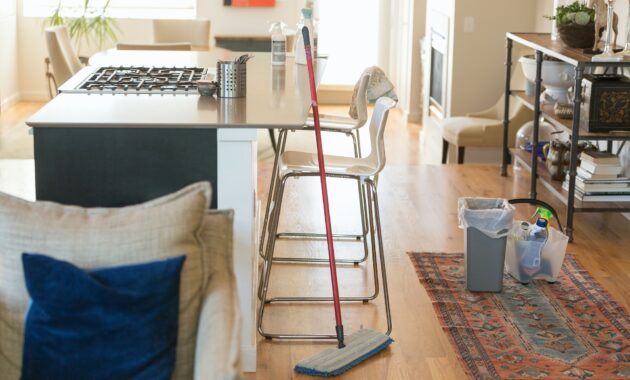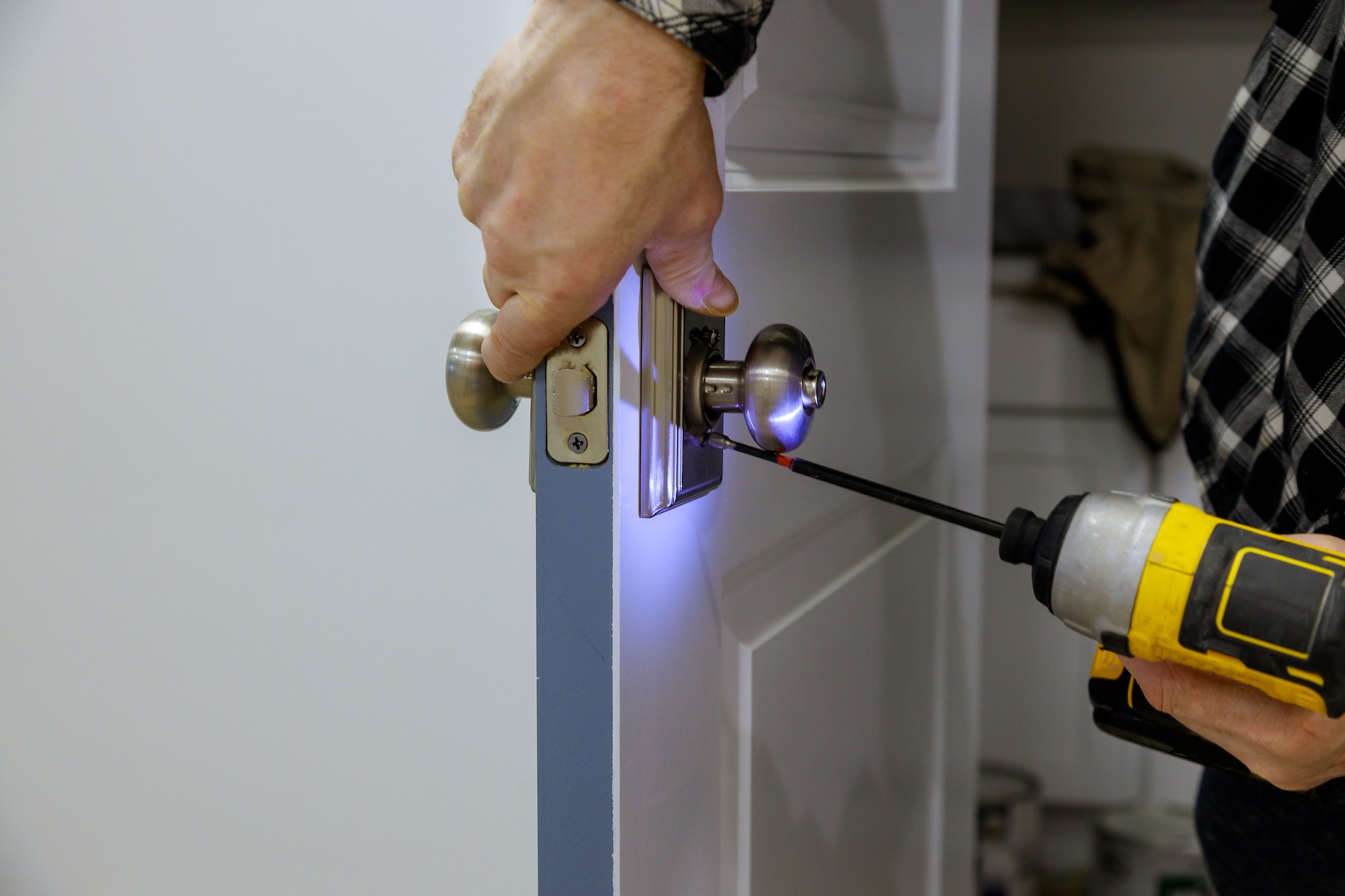Home maintenance can seem daunting, but it’s important to keep your home in good condition. In this blog post, we will discuss eight important things that you need to know about home maintenance. By following these tips, you can protect your investment and keep your home in great shape!
1. Stay on Top of Repairs:
Regularly check your home for any repairs that may need to be made. This includes plumbing and electrical issues, as well as heating and cooling systems. If you catch minor issues early on, you can prevent them from becoming costly repairs down the road. For example, if you notice a leaky faucet, have it fixed as soon as possible to avoid further damage. Additionally, regularly check your roof, windows, and doors for signs of wear.
2. Inspect Regularly:
It’s important to inspect your home regularly for potential problems that could lead to costly repairs. Check the roof and foundation of your home for any signs of cracks or deterioration. Also, check windows and doors for drafts or other issues. By identifying these issues early on, you can save yourself time and money in the long run. Also, inspect the exterior of your home for any signs of water damage or mold. For instance, take a look at the siding of your home and check for any signs of decay.
3. Clean Gutters:
Gutters are an important part of your home’s drainage system, and if they become clogged with debris or leaves, water can back up and cause damage to your roof and walls. Make sure you regularly clean out your gutters so that water can flow freely through them. You should know that the importance of cleaning your gutters this fall comes from the fact that the leaves and debris can block the water flow, leading to damage in the long run. So make sure you don’t forget this task.
4. Check Appliances:
Appliances are an essential part of any home, so make sure they are in good condition by regularly checking them for proper functioning. Ensure that refrigerators, freezers, microwaves, ovens, and other appliances are running properly and consuming energy efficiently. Also, consider investing in energy-efficient appliances to help reduce your bills and lessen your environmental impact.
5. Monitor Indoor Air Quality:
Indoor air quality is just as important as outdoor air quality in determining a healthy living environment for you and your family. To maintain good indoor air quality, make sure to change furnace filters regularly and use exhaust fans when cooking or showering to help remove pollutants from the air. Additionally, consider installing air purifiers or dehumidifiers to help keep your home’s air clean and healthy.
6. Handle Emergencies:
It’s important to be prepared for any potential emergencies that may arise in the home, such as a fire, flood, or power outage. Make sure you have basic first aid supplies and an emergency plan in place so that you know what steps to take in case of an emergency. Additionally, check your smoke detectors and carbon monoxide detectors regularly to make sure they are functioning properly.
7. Clean Air Filters:
Replace the air filters in your home regularly. This will help improve indoor air quality and make your HVAC system more efficient. It’s important to check the manufacturer’s instructions when it comes to determining how often they should be replaced. Generally, air filters should be replaced every 1-3 months depending on their usage. Additionally, make sure to clear any debris from the outside vents of your home to ensure proper airflow. For example, if there are leaves and dirt blocking the air vents, this can hinder your HVAC system’s performance.
8. Consider pest inspection:
Pests can cause a lot of damage to your home, so it’s important to consider having regular pest inspections. This will help you identify any potential problems and take the necessary steps to prevent them from becoming bigger issues. Additionally, make sure you regularly check for droppings or signs of infestation around your home.

By following these tips, you can ensure that your home is in good condition and stays safe for years to come. Regular maintenance tasks can go a long way in helping protect your home from potential damage and will help keep repair costs down. Additionally, it’s important to be prepared for any emergencies that may occur and have the appropriate safety supplies on hand. Finally, remember to inspect your home regularly for signs of wear or damage so that you can address any issues quickly. Doing so will give you peace of mind knowing your home is in good hands!
Discover more from Futurist Architecture
Subscribe to get the latest posts sent to your email.



